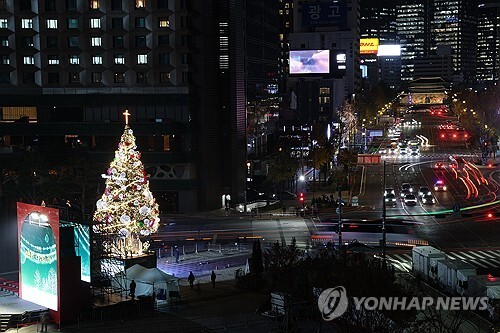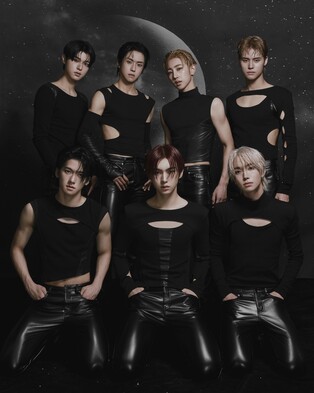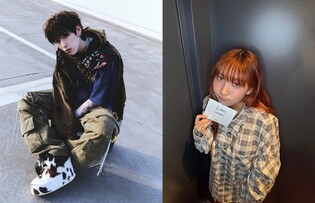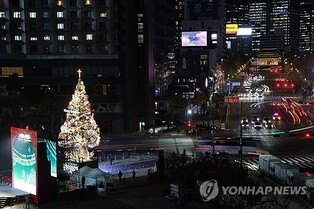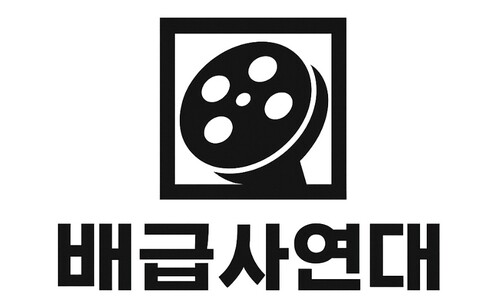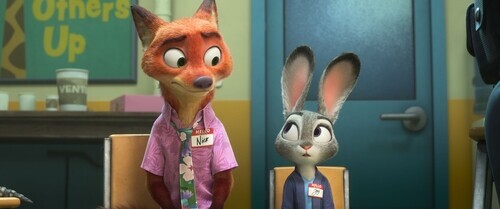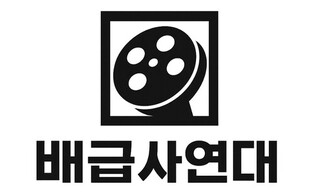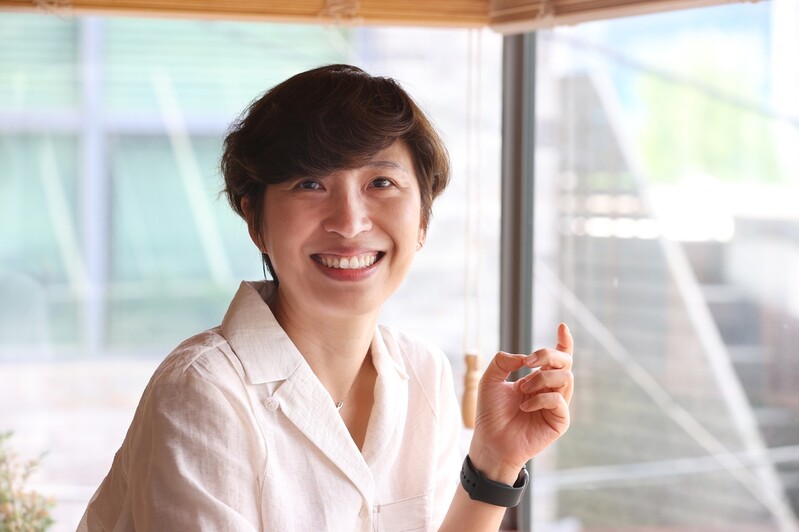 |
| ▲ This photo, shows writer Jung Seo-kyung of the movie “Decision to Leave” posing before an interview with Yonhap News held at a café in Samcheong-dong, Jongno-gu, Seoul on Friday morning. (Yonhap) |
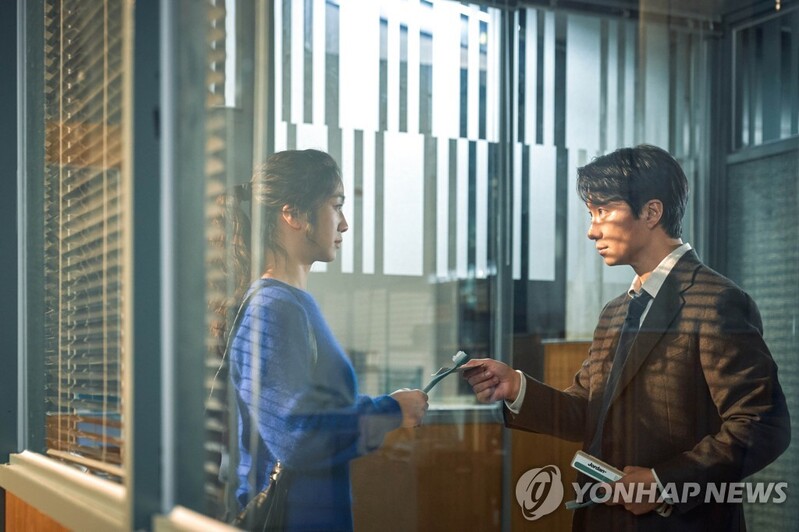 |
| ▲ This photo, provided by CJ ENM, shows a scene from "Decision to Leave." (PHOTO NOT FOR SALE) (Yonhap) |
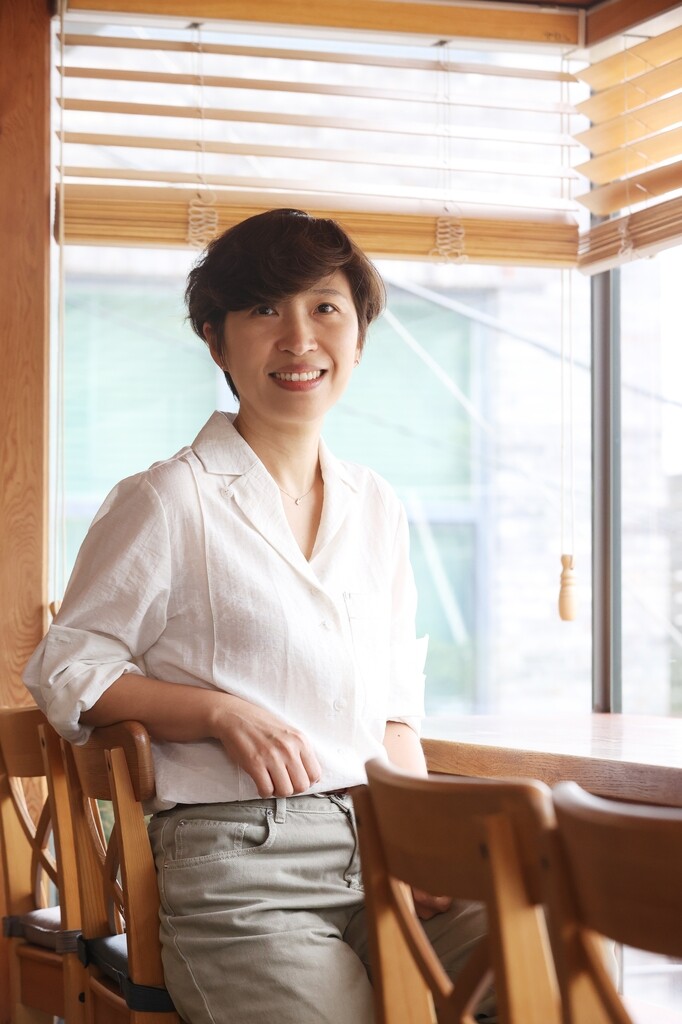 |
| ▲ This photo, shows writer Jung Seo-kyung of the movie “Decision to Leave” posing before an interview with Yonhap News held at a café in Samcheong-dong, Jongno-gu, Seoul on Friday morning. (Yonhap) |
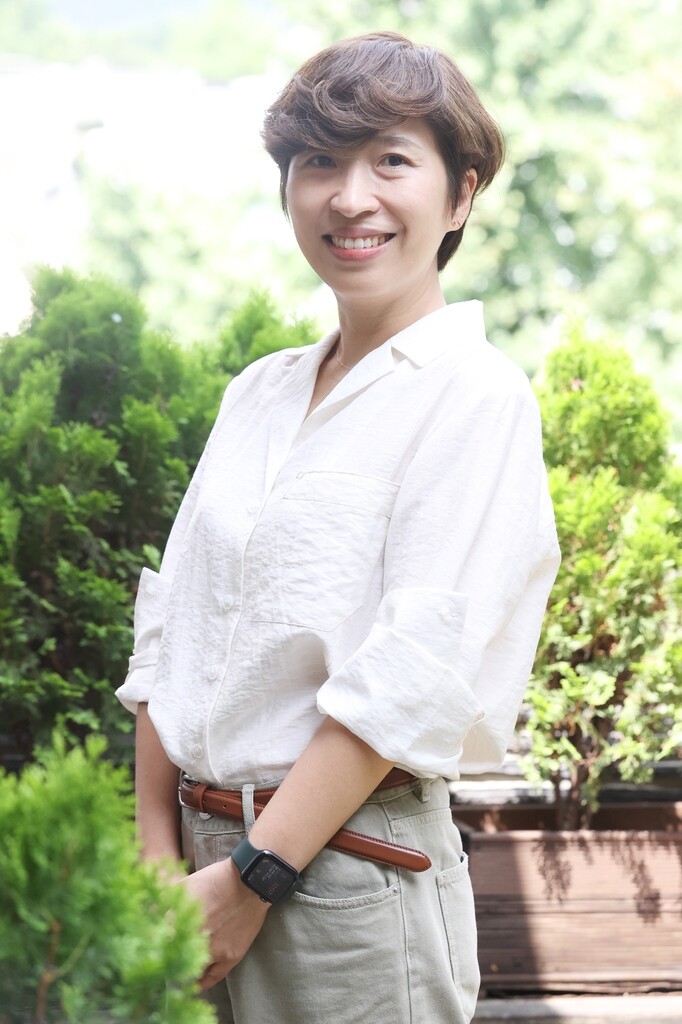 |
| ▲ This photo, shows writer Jung Seo-kyung of the movie “Decision to Leave” posing before an interview with Yonhap News held at a café in Samcheong-dong, Jongno-gu, Seoul on Friday morning. (Yonhap) |
SEOUL, July 17 (Yonhap) -- “I was like ’Did I really write this?' It felt more like a question mark than an exclamation point."
Writer Jung Seo-kyung of the movie “Decision to Leave” recalled how she felt when she saw the finished work for the first time. She is an inseparable partner of director Park Chan-wook. The two have been together for 20 years, and have co-authored “Lady Vengeance” (2005), 'I'm a Cyborg, But That's Okay” (2006), “Thirst” (2009), and “The Handmaiden” (2016).
“I liked it and found it beautiful because it was far from the work that I wrote. I think that’s why I got to like this movie,” she said in an interview at a café in Samcheong-dong, Jongno-gu, Seoul on Friday, as she pointed out “Decision to Leave” as director Park’s best work.
“When I look at the work I’ve written, I feel a lot of complex emotions, but ‘Decision to Leave’ is not like that. I think it was the first time for me to watch a movie while feeling it’s another separate movie. I just wrote a scene about a boy meeting a girl in a beach, but I didn’t know it was going to be made like this. I didn’t know that I was going to feel like I was going in the movie and feel the emotions together, not did I think that I was going to cry for the pity woman.”
“Decision to Leave” is a story of detective Hae-jun (Park Hae-il), who feels suspicious and love at the same time for Seo-rae (Tang Wei), the wife of the deceased as he investigates a murder case. This work, which has the characteristics of both a detective drama and a romance drama, has a distinctly different color from Park Chan-wook's previous works with no brutal violent scenes, or passionate bed scenes.
“After many considerations, I removed all the physical interactions of the two people. I left only one kissing scene. I didn’t mean to do that from the beginning. I love the line that says, ‘Throw the cell phone into the sea. Throw it somewhere deep and don’t let anyone find it.’ I think this line shows the meaning of love, and it made me remove the unnecessary things.”
"Neither the director nor can I stand romantic things well, but this time I realized that I liked some melodrama," writer Jung said, as she laughed.
“When the director saw the movie, he said to me, ‘After all, a movie is all about melodrama,’ and I completely agreed with him. The quality of emotions I felt at the end was different. Melodrama really touches the essence of human beings!, I thought.”
As the most memorable scene, she chose the ending of the movie. Writer Jung said that the scene reminded him about the myth of Orpheus.
“Although the director and I didn’t intend it, it felt like Orpheus wandering between Hell and Earth to search for his lost wife. It was like a man who must wander forever in search of his loved ones. The man in the movie was Hae-jun in search of Seorae, but it made me think that, that man was there for a long time and will be there forever.”
“Decision to break up” is the first time writer Jung and director Park wrote a screenplay with a specific actor in mind. Writer Jung wrote the screenplay with Seorae as a Chinese woman to cast Tang Wei.
"The director wanted to do a movie with a melodrama genre, but I was not very confident. I love Tang Wei, so I thought could do it easily if it was Tang Wei. Tang Wei is a person who is always herself regardless of time and space. As a writer, she’s also really beautiful to look at, and is a speaker of little but direct words.”
Writer Jung also praised Park Hae-il as "an amazing actor" and that "he will always stand by one’s side until his actor finds his own pace."
“You know, the waves crash on the sea, but the bottom is really calm. In that sense, Park Hae-il is an actor like the deep sea. Everything was so good that if I was stuck on an inhabited island, I thought I would choose Park Hae-il.”
“Decision to Leave” received the Best Director award at the Cannes Film Festival and received high expectations even before its release. However, unlike the favorable reception among domestic and foreign media and movie fanatics, the cumulative number of audiences exceeded only 1 million within two weeks of its release, showing a poor performance.
"If you think about it, everything would have been perfect if it wasn't for that expectation,” writer Jung said. "The 1 million audience is so precious, and I'm also grateful to the audience who felt deeply after watching the movie many times."
“The director also said, ‘Even if I had known the results, I would have still written the same script and filmed it the same way.’ I think it’s just the results of one’s decision.”
(END)
(C) Yonhap News Agency. All Rights Reserved



















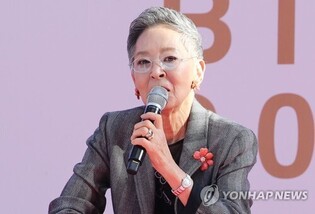
![[풀영상] 영화 '하트맨' 제작보고회|권상우 Kwon Sangwoo·문채원 Moon Chaewon·박지환 Park Jihwan·표지훈 피오 P.O|HEARTMAN](/news/data/20251211/p179554806839266_806_h.jpg)

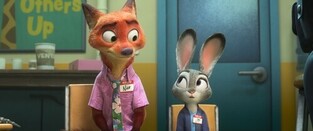

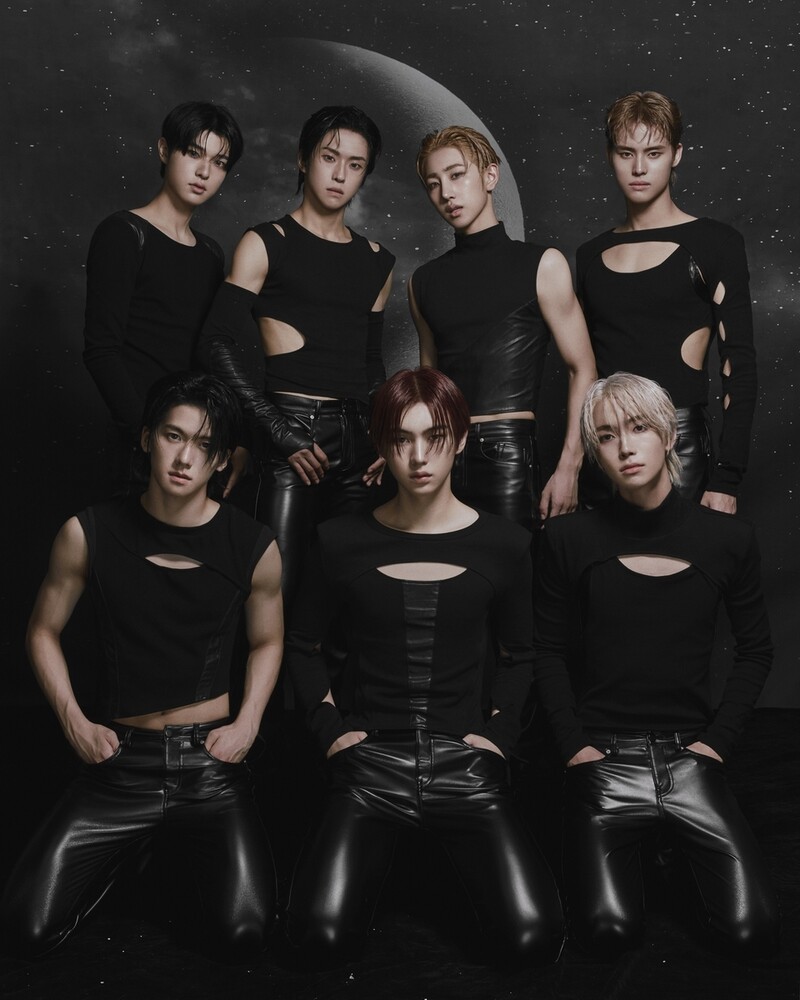
![[가요소식] 지코, 요아소비 이쿠라와 신곡](/news/data/20251212/yna1065624915953509_920_h2.jpg)
